Low DHEA Symptoms in Females
.png?v=1674216271801)
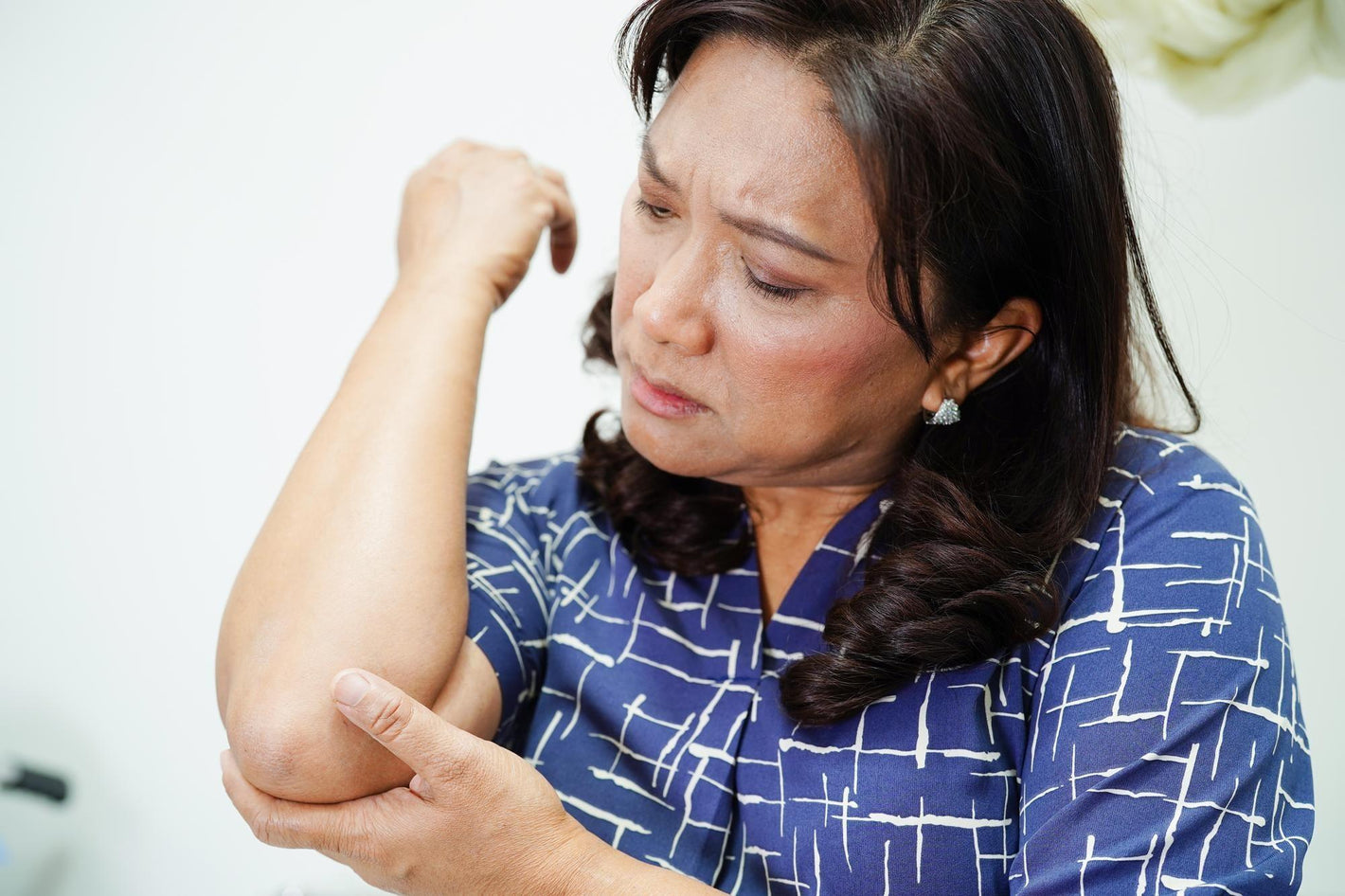
Related products
Dehydroepiandrosterone (DHEA) is a crucial hormone produced by the adrenal glands and plays a multifaceted role in female physiology. Often overshadowed by more well-known hormones like oestrogen and progesterone, DHEA is nonetheless essential for maintaining energy levels, mental clarity, bone density, skin health, and a strong immune response. It also contributes to the synthesis of both male and female sex hormones and supports metabolic and brain functions.
As women age, particularly after their mid-30s, DHEA levels naturally begin to decline. However, a steep or premature drop can result in a range of physical and psychological symptoms. Conditions such as adrenal fatigue, autoimmune disorders, or prolonged stress can all contribute to low DHEA levels. Additionally, certain medications, lifestyle habits, or chronic illnesses may interfere with DHEA production or its action in the body.
Recognising the signs of low DHEA early can help prevent long-term health consequences such as decreased libido, chronic fatigue, and mood disorders. Addressing the issue involves not only identifying the cause but also tailoring a management plan that may include hormone testing, nutritional support, stress reduction, and—if appropriate—DHEA supplementation under medical guidance.
If you suspect low DHEA levels, testing is the first and most important step. The DHEA Sulphate Blood Test from Welzo allows women to check their hormone levels conveniently from home, providing valuable insights into adrenal and hormonal health.
To explore a broader range of hormone, wellness, and diagnostic tests, visit Welzo’s Home Blood Test hub and access a variety of clinically validated, at-home testing solutions.
Symptoms of Low DHEA in Females
Low DHEA levels in women can manifest through a variety of symptoms, many of which are often misattributed to other conditions such as menopause, depression, or chronic fatigue. The wide range of symptoms reflects DHEA’s diverse roles in the body, impacting energy, mood, physical appearance, and reproductive health.
Common symptoms include:
-
Fatigue: A persistent lack of energy, even after adequate rest.
-
Depression and mood swings: DHEA contributes to the production of serotonin and dopamine, neurotransmitters that regulate mood.
-
Decreased libido and sexual dysfunction: As a precursor to sex hormones, low DHEA can lead to reduced desire and sexual arousal.
-
Cognitive difficulties: Memory loss, trouble concentrating, and “brain fog” are common.
-
Dry skin and hair thinning: Reduced DHEA affects the skin’s elasticity and the scalp’s health.
-
Decreased muscle and bone mass: Low DHEA can contribute to sarcopenia and osteoporosis, especially post-menopause.
-
Weight gain and increased abdominal fat: Often due to slowed metabolism and hormonal imbalance.
-
Irregular periods or menstrual dysfunction
-
Reduced immune function leading to frequent illnesses or slow healing
Since these symptoms overlap with other hormonal or systemic disorders, confirming the diagnosis through proper hormone testing is critical. A comprehensive panel such as the Female Hormone Blood Test offers valuable insight into oestrogen, progesterone, and related hormone levels, which can help pinpoint the root cause.
Causes of Low DHEA in Females
Identifying what causes low DHEA is crucial in designing an effective treatment plan. While age-related decline is natural, pathological low levels in younger women often have underlying causes that must be addressed directly.
Key causes include:
-
Ageing: After the age of 30, DHEA production begins to decrease gradually. This natural decline accelerates with age, especially during menopause.
-
Chronic stress: When under prolonged stress, the body produces more cortisol at the expense of DHEA—a phenomenon known as the cortisol steal.
-
Adrenal insufficiency: Conditions like Addison’s disease or adrenal fatigue impair the glands’ ability to produce adequate DHEA.
-
Certain medications: Long-term use of corticosteroids, antidepressants, and hormonal contraceptives may suppress DHEA synthesis.
-
Medical conditions: Autoimmune diseases, endocrine disorders, and pituitary gland issues can all interfere with DHEA regulation.
-
Lifestyle factors: Poor diet, sleep deprivation, and lack of physical activity negatively affect hormonal balance.
Stress-related cortisol dominance is one of the most common modern contributors to low DHEA. To better understand the relationship between stress and hormone function, the Cortisol Blood Test can help identify whether adrenal imbalance is part of the equation.
How Low DHEA Affects Fertility and Reproductive Health
DHEA’s influence extends deeply into reproductive function, especially in women of childbearing age or those seeking to conceive. As a precursor to both oestrogen and testosterone, DHEA plays a pivotal role in ovarian function, egg quality, and hormonal cycles. Low levels of DHEA have been linked to infertility, poor ovarian reserve, and disrupted menstrual cycles.

In women trying to conceive, low DHEA may lead to:
-
Reduced follicular development
-
Poor response to IVF stimulation
-
Low AMH (Anti-Müllerian Hormone) levels
-
Irregular or absent ovulation
Supplementation with DHEA is often used in fertility clinics for women with diminished ovarian reserve. However, this should always be done under medical supervision due to the potential hormonal impact.
If you're exploring fertility options or concerned about ovarian health, the AMH Blood Test offers a direct measure of ovarian reserve, helping women plan fertility strategies proactively and effectively.
You can also explore the full spectrum of fertility-related testing in Welzo’s Fertility Health Tests Collection, which includes assessments for ovulation, hormone balance, and reproductive function—all from the convenience of home.
Lifestyle and Nutritional Support for DHEA Deficiency
While some cases of low DHEA require medical intervention or hormone replacement therapy, many women can improve their DHEA levels naturally through lifestyle and nutritional strategies.
Effective steps include:
-
Stress reduction techniques: Yoga, meditation, deep breathing, and journaling can lower cortisol and protect DHEA production.
-
Regular exercise: Moderate strength training and cardiovascular activity can help optimise adrenal function and improve hormone balance.
-
Adequate sleep: DHEA levels are restored during rest, making sleep a non-negotiable part of recovery.
-
Dietary adjustments: Nutrient-rich foods including omega-3 fatty acids, magnesium, zinc, and B vitamins support adrenal and hormone health.
-
Avoiding excessive caffeine and alcohol: Both disrupt adrenal function and contribute to hormonal imbalance.
Women experiencing persistent fatigue despite lifestyle changes should consider evaluating broader metabolic and nutrient deficiencies. The Tiredness and Fatigue Blood Test screens for key markers like iron, vitamin B12, and thyroid hormones that may compound the effects of low DHEA.
For those looking to take a more holistic, ongoing approach to their hormonal health, Welzo’s All Health Tests Collection provides a wide range of panels to track wellness and support recovery plans across nutrition, metabolism, and immunity.
Conclusion: Taking Charge of Low DHEA and Your Hormonal Health
Low DHEA levels can present a silent but significant threat to female well-being, with wide-ranging symptoms that often go unrecognised or misdiagnosed. From mood disturbances and fatigue to reduced libido, irregular periods, and diminished bone density, low DHEA can impair both physical and emotional health. Thankfully, with the right tools, information, and support, women can take proactive steps to diagnose, manage, and even reverse many of the effects of low DHEA.
The first step is knowledge—understanding that persistent symptoms may be hormone-related and not “just ageing” or stress. Hormone testing offers invaluable insights, guiding targeted treatment plans that may involve stress management, nutritional adjustments, lifestyle upgrades, or—when appropriate—hormone supplementation.
For accurate hormone testing, the DHEA Sulphate Blood Test provides a reliable, at-home method to assess adrenal function and hormonal balance. From there, women can work with healthcare providers to formulate a personal recovery plan that restores vitality, emotional balance, and quality of life.
To further explore wellness diagnostics tailored to women’s needs—from fatigue to fertility—Welzo’s Home Blood Test range offers comprehensive and convenient solutions for every stage of your health journey.
Read more: What DHEA supplement is available in the UK?










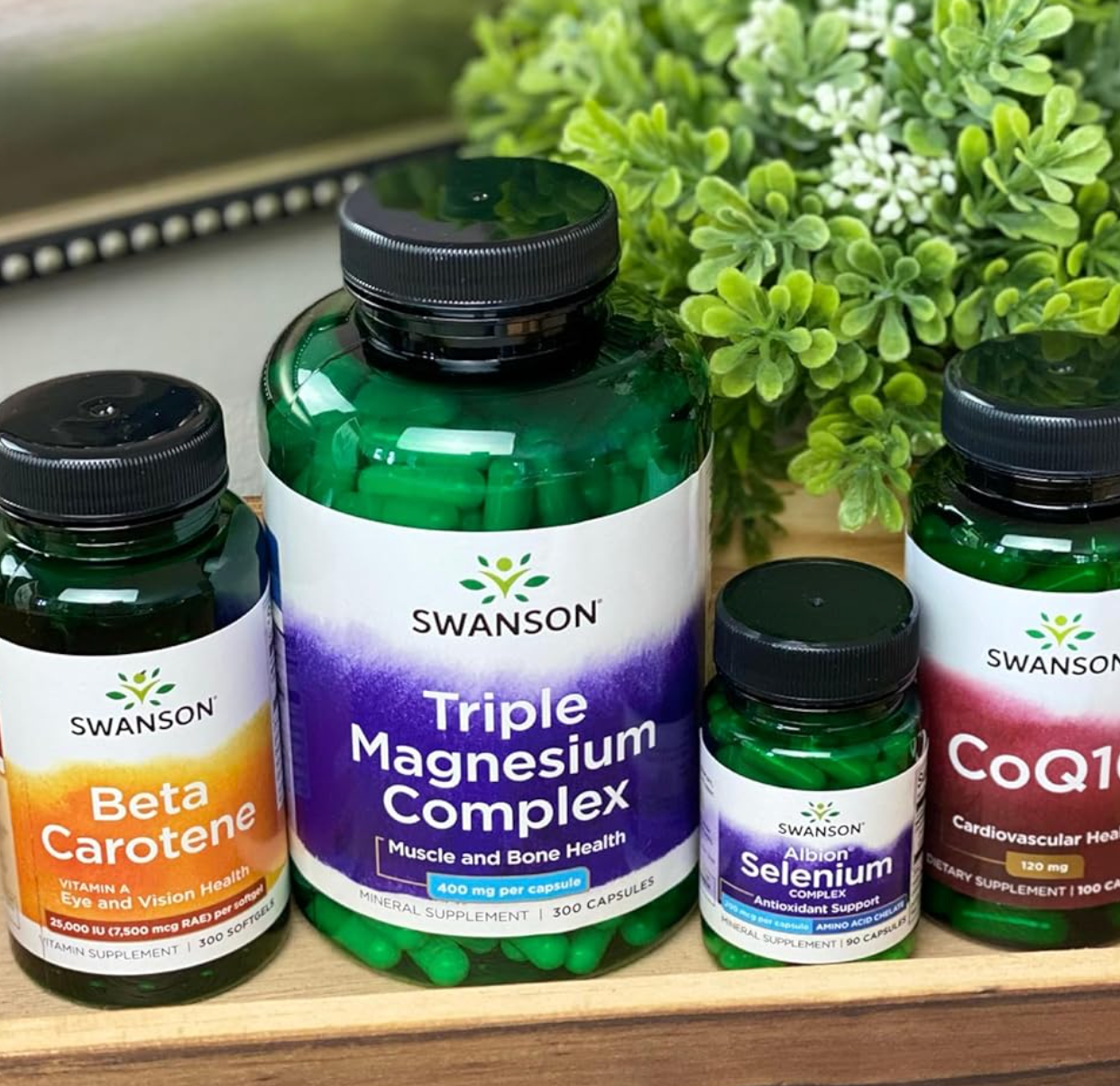




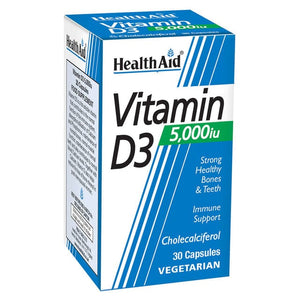

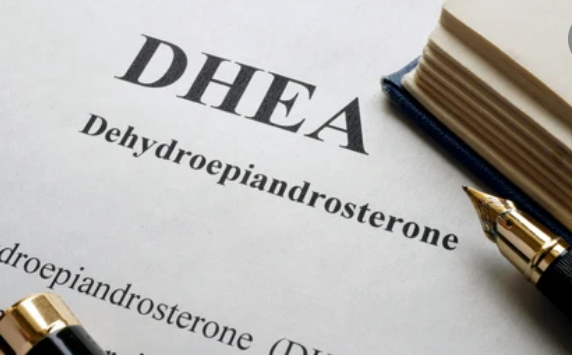





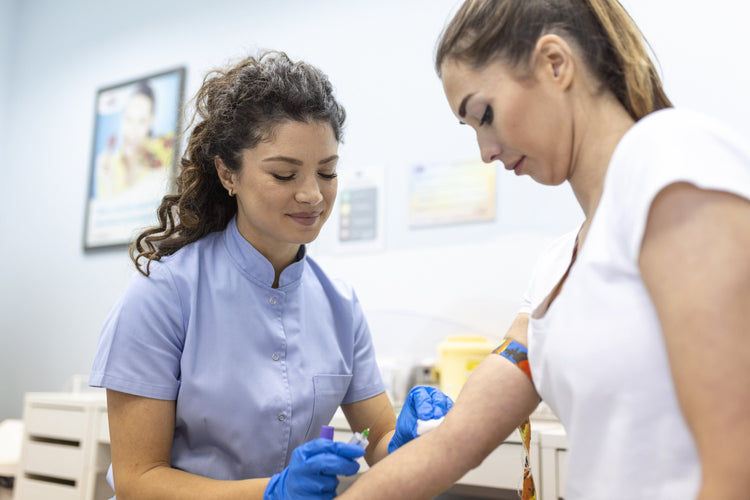
 Rated Excellent by 26,523+ Reviews
Rated Excellent by 26,523+ Reviews